20+ Years Experience
Specialist Education Providers

Enquire Today For A Free No Obligation Quote
Bringing education outside of conventional four walls and blending it seamlessly with fun is a proven way to improve learning outcomes for children grappling with math-related challenges.
In this blog post, we’ll dive into an array of engaging and inclusive outdoor activities that blend play with learning, designed specifically for children with dyscalculia. From innovative counting games to practical applications of measurements, let’s give your child a new perspective on numbers that goes beyond textbooks!
Our article on outdoor play ideas for children with dyscalculia offers a range of suggested activities aimed at improving math skills and concepts while engaging in outdoor play.
These activities may include practical math games using physical objects, role play scenarios related to numbers or measurements, visual mathematics games like hopscotch or number grids, and utilising outdoor chalkboards for math-related role play.
Implementing these inclusive and exciting play ideas can support children with dyscalculia in building their mathematical confidence and understanding.
Children with dyscalculia may struggle with traditional math lessons and specific games on the playground. However, outdoor play can provide a unique opportunity to engage these children in fun learning activities that support their understanding of numbers and calculations.
For instance, practical math games where children work together to solve problems using physical objects like balls, tubes, counters, and buckets can be beneficial. These hands-on activities allow children to see math in action and make it more tangible and understandable.
Role play activities can also be a fun way to explore mathematics while engaging in imaginative play. Children can pretend to collect a specific number of items or mix specific amounts of materials, allowing them to practice basic counting, sorting, and measurement skills in a dynamic and interactive environment.
Visual mathematics games can be particularly helpful for children with dyscalculia as they allow them to see and understand relationships between numbers.
Activities like hopscotch using larger number grids or creating outdoor chalkboards can provide opportunities for children to visually engage with numbers in their surroundings.
Hopscotch is not only a classic game but also an excellent visual number game. By hopping from one square to another according to numerical patterns or solving simple addition or subtraction equations written on each square, children can reinforce their number recognition and basic arithmetic skills while having fun outdoors.
Engaging activities like scavenger hunts that involve finding objects with certain numbers on them or creating number line races where children have to order themselves along a numeral line can also help develop number sense and understanding.
By providing inclusive, inspiring, and exciting toys and games on the playground, we can create an environment that supports children with dyscalculia in developing their confidence in handling numbers and building their basic mathematical concepts.
Engaging children with dyscalculia in role play activities can be a fantastic way to introduce mathematical concepts in a fun and interactive manner.
By incorporating mathematical elements into imaginative play scenarios, children can explore numbers and basic math skills without feeling overwhelmed.
For example, pretend play scenarios such as running a grocery store or setting up a restaurant allow children to practice counting, sorting, and using money.
They can take turns playing the shopkeeper or the customer, exchanging items and calculating prices. This type of role play not only enhances their understanding of numbers but also encourages social interaction and communication skills.
Hands-on mathematics games are another effective way to support children with dyscalculia on the playground. These games provide opportunities for children to physically manipulate objects and engage with mathematical concepts in a tangible way.
One example is using physical objects like balls, tubes, counters, or buckets to solve problems together. Children can work collaboratively to measure distances, estimate quantities, or explore patterns using these materials.
Another hands-on game option is engaging in role play activities that involve mixing specific amounts of materials or collecting a specific number of items. These activities help children develop a stronger grasp of foundational mathematical concepts while enjoying active play outdoors.
Role play activities and hands-on mathematics games not only make learning math more enjoyable for children with dyscalculia but also provide them with practical experiences that reinforce their understanding of mathematical concepts.
By incorporating these engaging activities into outdoor playtime, educators and parents can create inclusive and supportive environments where children with dyscalculia can thrive.
When it comes to supporting children with dyscalculia during outdoor play, having dyscalculia-friendly outdoor equipment can make a significant difference. By providing inclusive and accessible playground equipment, we can create an environment that fosters learning and engagement for all children.
For example, consider incorporating practical math games where children work together to solve problems using physical objects like balls, tubes, counters, and buckets. These interactive manipulatives can help children with dyscalculia better understand number concepts and develop their mathematical skills while having fun outdoors.
Additionally, role play activities can be beneficial for children with dyscalculia. These activities allow children to explore mathematics by pretending to collect a specific number of items or mixing specific amounts of materials. Such pretend scenarios provide hands-on experiences that reinforce mathematical concepts in a playful way.
Furthermore, visual mathematics games like hopscotch or larger number grids can help children with dyscalculia see and understand the relationships between numbers. These outdoor activities enable children to physically interact with numbers, improving their visual processing and numerical understanding.
Supporting children with dyscalculia on the playground goes beyond providing suitable equipment; it also involves implementing effective strategies and practices that enhance their mathematical skills and overall confidence.
One such practice is utilising outdoor chalkboards during role play activities. Children can work out simple sums and engage in math-related discussions while playing in a dynamic and appealing environment. This visual approach to practising math concepts helps strengthen children’s grasp of numbers in a creative manner.
Inclusive, inspiring, and exciting toys and games on the playground can also support children with dyscalculia. By designing games that incorporate counting, measuring, and logical thinking, children can develop their basic mathematical concepts while enjoying their time outdoors.
Remember that it’s crucial to create an inclusive and supportive atmosphere by encouraging teamwork, collaboration, and positive reinforcement. This allows children with dyscalculia to feel comfortable and confident participating in math-related activities, strengthening their self-esteem and engagement in mathematics.
For instance, teachers or parents can organise group activities where children work together to solve mathematical challenges or puzzles. This not only promotes social interaction but also provides opportunities for peer-to-peer learning and deeper understanding of mathematical concepts.
Outdoor play provides a dynamic and engaging environment that can significantly contribute to building confidence in mathematics for children with dyscalculia. By incorporating fun learning activities and games, children with dyscalculia can develop their mathematical concepts and skills while enjoying the great outdoors.
One effective way to use outdoor play for building confidence in mathematics is through practical math games. These games involve teamwork and problem-solving using physical objects like balls, tubes, counters, and buckets.
For example, children can engage in activities where they need to count and distribute a certain number of objects among their teammates or organise objects based on their numerical value. This hands-on approach helps children visualise mathematical concepts and apply them in real-life situations.
Another beneficial approach is through role play activities. Children can explore mathematics by pretending to run a shop, where they collect a specific number of items or mix specific amounts of materials. This allows them to practice addition, subtraction, and measurement skills in a fun and interactive way.
Additionally, role-playing scenarios like setting up a pretend restaurant or managing a budget during a camping adventure offer opportunities for children to utilise basic math concepts such as counting money, calculating prices, or dividing expenses.
Visual mathematics games can also play a significant role in building confidence in mathematics for children with dyscalculia. Games such as hopscotch or larger number grids drawn on the ground provide visual representations of numbers.
Children can physically jump on the numbers or move between them, helping them understand the relationships between numbers and their positions. This visual reinforcement aids their comprehension of number patterns and sequencing — fundamental skills in mathematical understanding.
Another way to incorporate visual elements is by using outdoor chalkboards during role play activities. Children can work out simple math problems or draw diagrams on the chalkboard as part of their pretend scenarios.
This not only makes math more appealing but also allows children to practice their calculation skills while engaged in imaginative play.
By supporting and encouraging children with dyscalculia on the playground, we can help them gain confidence in handling numbers and develop their basic mathematical concepts.
Inclusive, inspiring, and exciting toys and games on the playground can provide ample opportunities for children with dyscalculia to engage in meaningful math-related activities
It is important to create an inclusive environment that promotes collaboration, exploration, and creativity. By fostering a positive and supportive space, children with dyscalculia can thrive in their mathematical journey while enjoying the benefits of outdoor play.
Dyscalculia is a learning disorder that specifically affects a person’s ability to understand and work with numbers. Individuals with dyscalculia may have difficulties with basic arithmetic operations, number sense, and mathematical reasoning.
This condition is not related to overall intelligence; individuals with dyscalculia often have average or above-average intelligence in other areas.
Common characteristics of dyscalculia may include:
Dyscalculia is thought to be a neurological condition with a genetic component. It often becomes apparent during the early years of schooling when children are introduced to basic mathematical concepts.
Early identification and appropriate interventions, such as specialised tutoring and educational support, can help individuals with dyscalculia develop strategies to cope with their difficulties and improve their mathematical skills.
It’s important to note that dyscalculia is distinct from math anxiety, where individuals may experience anxiety or stress specifically related to mathematics but do not necessarily have a fundamental difficulty with numerical concepts.
If you suspect that you or someone you know may have dyscalculia, it’s advisable to consult with a qualified educational or clinical professional for a comprehensive assessment and guidance on appropriate interventions.
Outdoor learning and play provide a practical and multi-sensory approach to learning, which is essential for children with dyscalculia. The open and informal space allows for hands-on, kinaesthetic learning, making it easier for children to overcome their difficulties with maths in a stress-free environment.
More often than not, dyscalculia is co-occurrent with other learning difficulties such as dyslexia, dyspraxia, or ADHD/ADD.
It is important to seek professional help from organisations like the British Dyslexia Association if you suspect a child may have dyscalculia.
Some strategies for teaching maths to children with dyscalculia in an outdoor learning environment include using visual aids like multiplication grids and number bonds, encouraging role-playing games, providing tangible resources, and using plenty of mathematical language in conversations and activities.
Repetition with a “little and often” approach is essential when teaching maths to children with dyscalculia. It is important to keep activities fun and engaging, and to use a variety of materials and strategies to help generalise mathematical concepts.




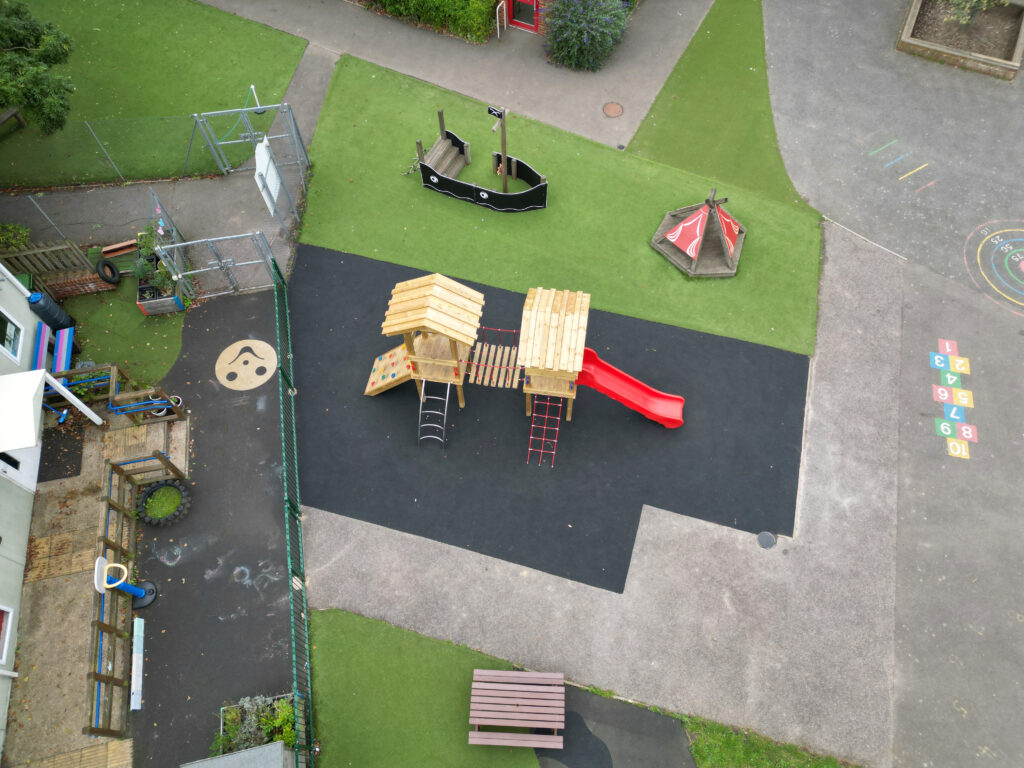

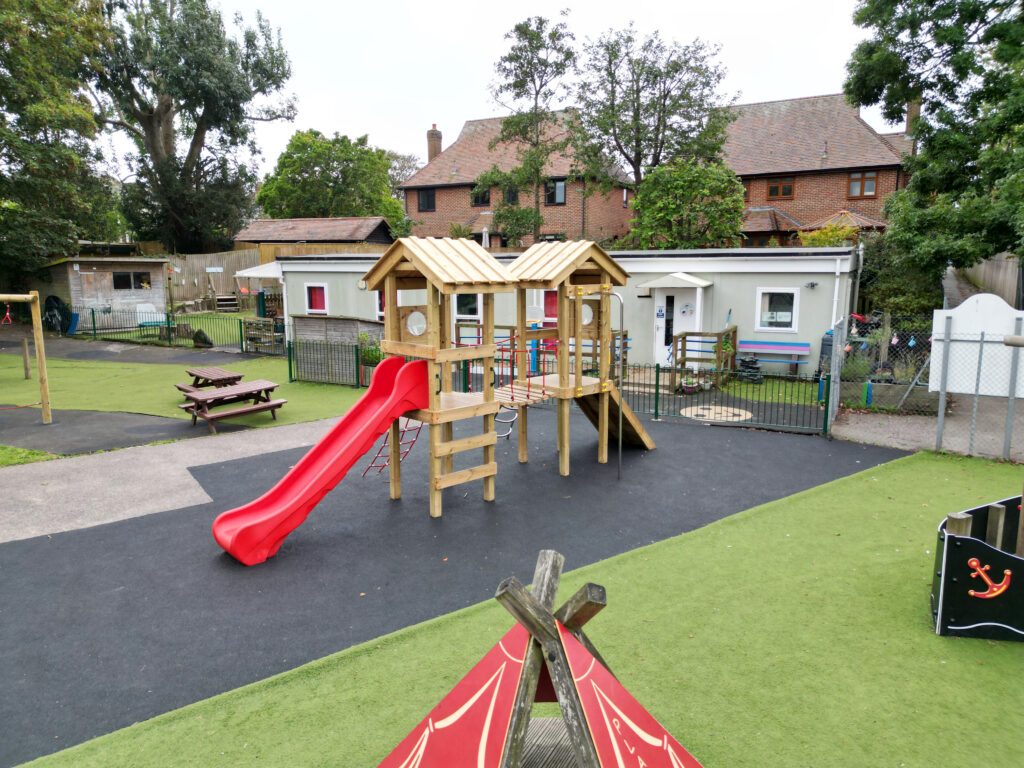
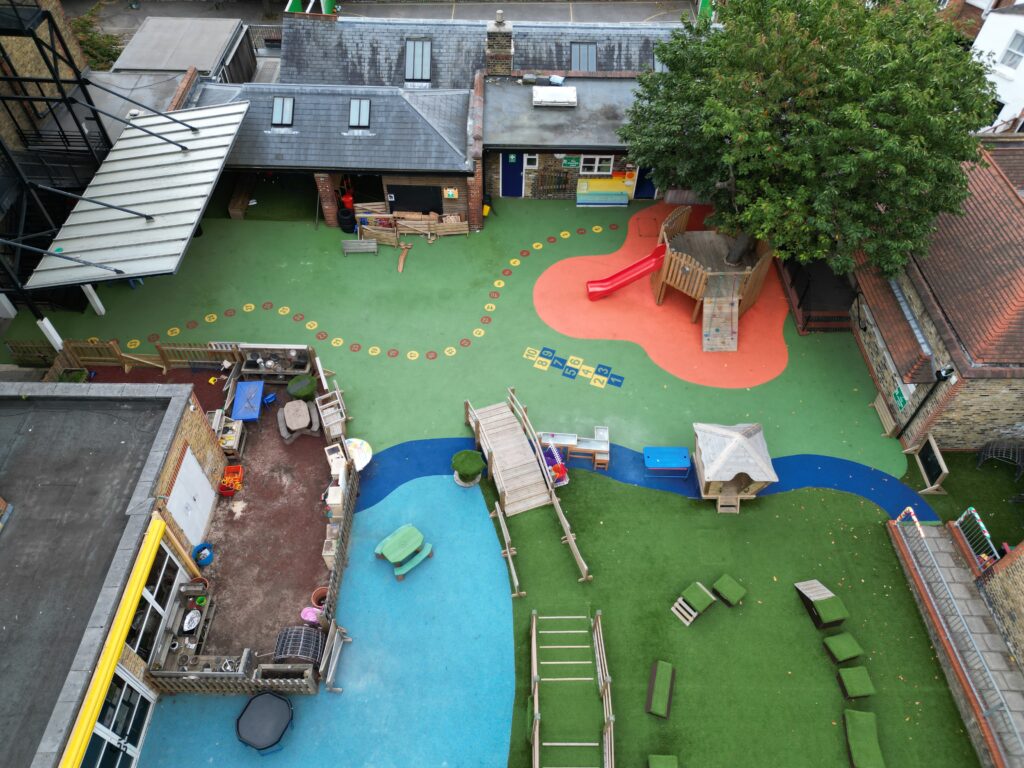






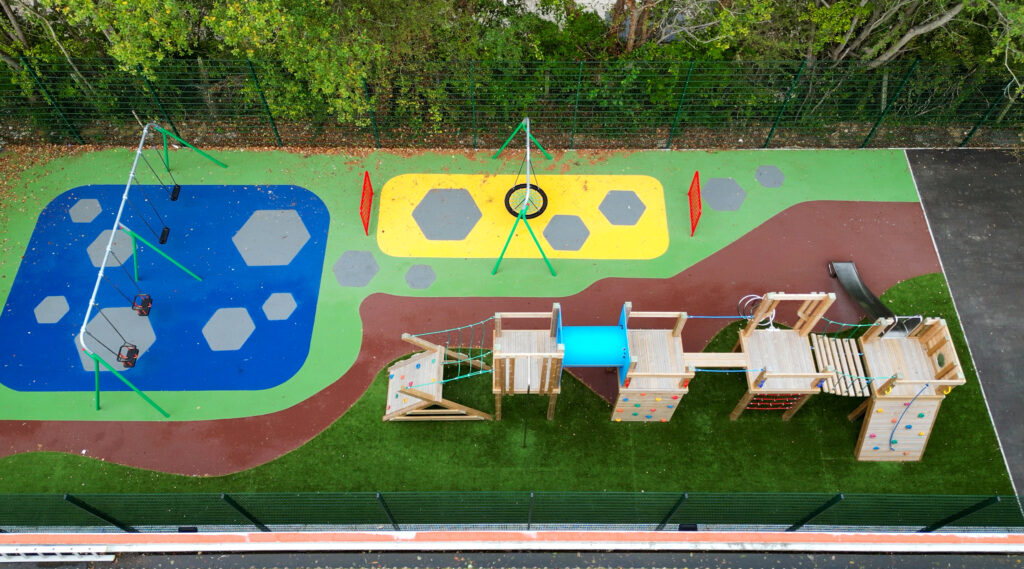










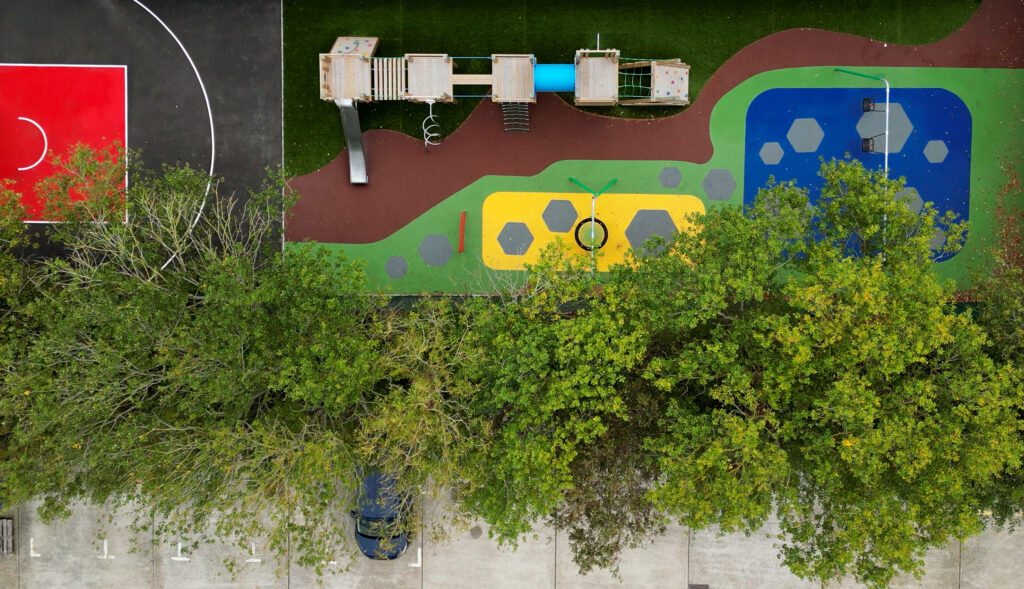









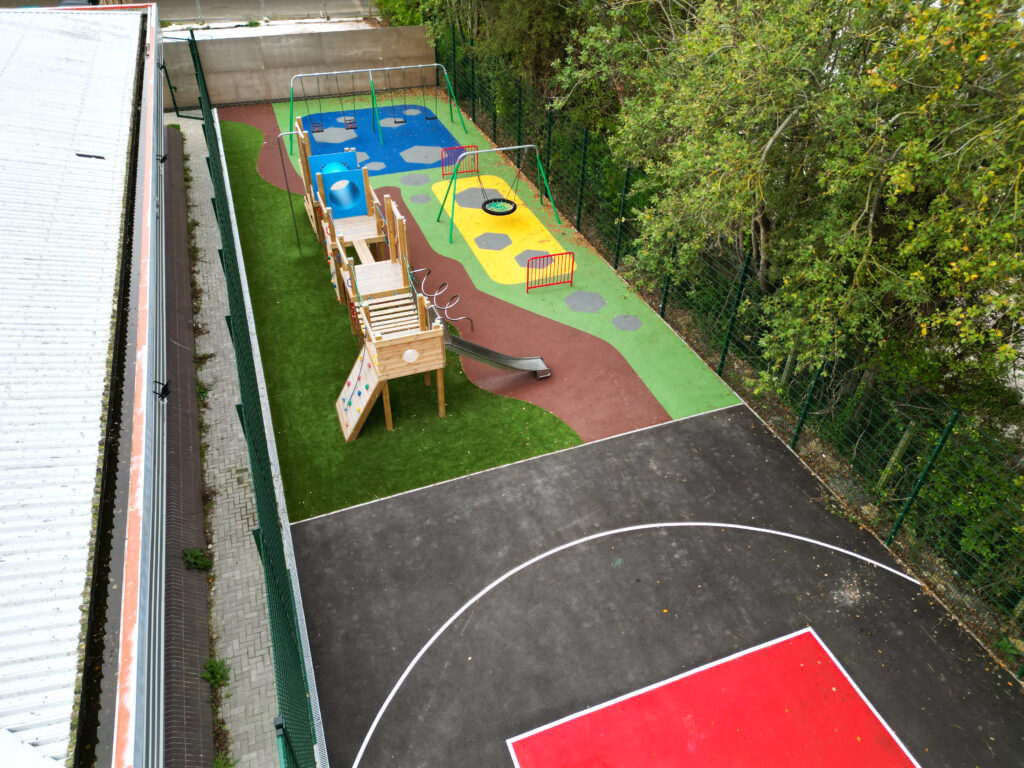



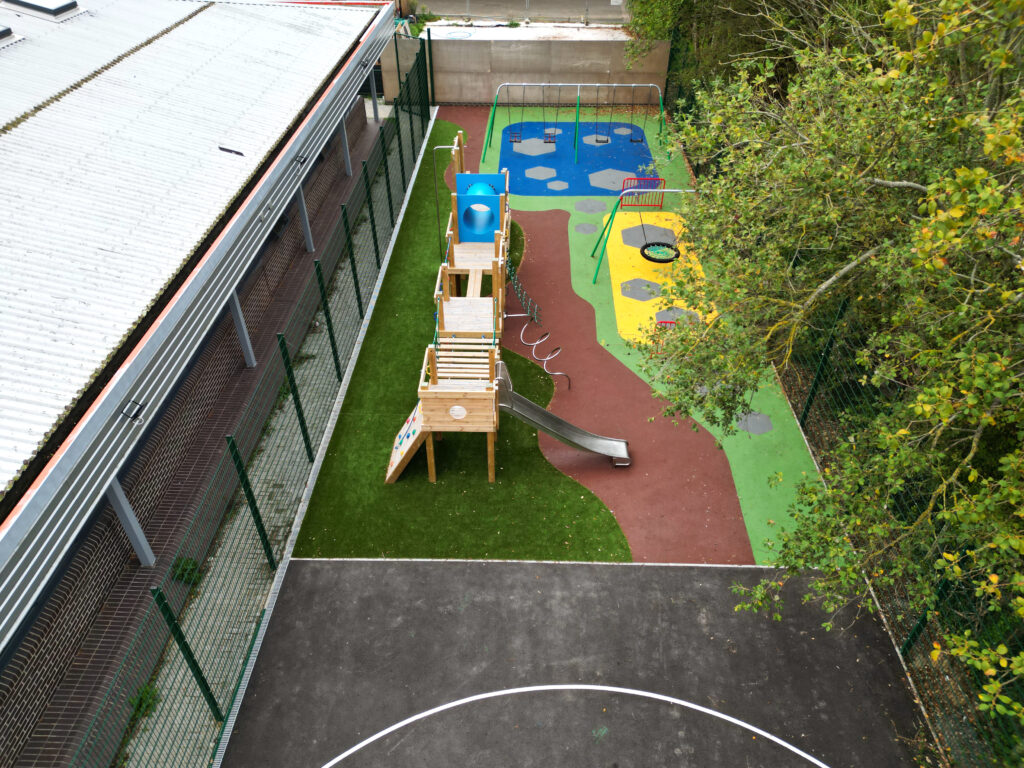







We Aim To Reply To All Enquiries With-in 24-Hours